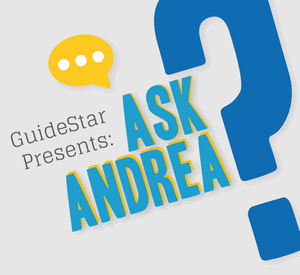Have you noticed that you seldom talk on the phone these days? That email and texting have just about replaced voice to voice altogether?
For people of every age, that’s what’s happened.
I’m a huge fan of email.
I like getting it. I like writing it. I like it’s quickness and informality and immediacy. And I love that I can delete an email without reading it and no one will be offended (for contrast, think of the problems caused by hanging up on someone!)
Here are some simple tips for email that can set you ahead of the pack when it comes to using this remarkable medium.
Six Tips for Effective Email Communication
1. Make great use of the immediacy of email.
When someone does something nice for you, email your appreciation in a sentence or two and have it in their inbox before they get back to their desk. Quick, immediate little thank you pings can make a big difference in how people feel about you.
2. Acknowledge emails asap.
When someone emails you on an item of any importance at all, let them know you received it. And if you can’t take the time to respond fully right then, tell them you’re on it and let them know when you will get back to them.
3. Be E-friendly.
Don’t hesitate to use emoticons now and again. In particular, use this one 🙂 when you know you are smiling as you write your email. It helps the reader know your meaning more clearly. Or, if you’re put off by smiley faces, add a bit of warmth to even your briefest of emails with a kind word or mention of how you’re feeling–happy, sad, thrilled etc.
4. Be brief.
Get rid of long sentences and blocky text. Instead use simple sentences and very short paragraphs. Most emails can be just one line or two at most. But if you are writing something that requires a longer format, be sure you break it into many small bits and use bold headings for easier scanning.
5. Edit your emails.
Even edit the short ones. Write an email. Read it again cutting all unnecessary words — probably 1/3 of them. Read it one more time, correct it and then hit send. You’ll be surprised how clear your emails become. With a bit of practice, you’ll get quick and efficient at self-editing.
6. Write descriptive subject lines.
Your subject lines should tell your reader what your message is about in a very few words. Don’t be cutesy or artistic. Be clear and specific. Your subject line will determine if people open your email… or not.
Notice Which Emails in Your Inbox are Most Effective
Take a look through your inbox to see which of the emails communicate well. What is it about them that makes the work? And how do your emails hold up when you apply the email tips above?
I’d love to hear some of your tips for writing better emails. Share them below.

Speak Your Mind